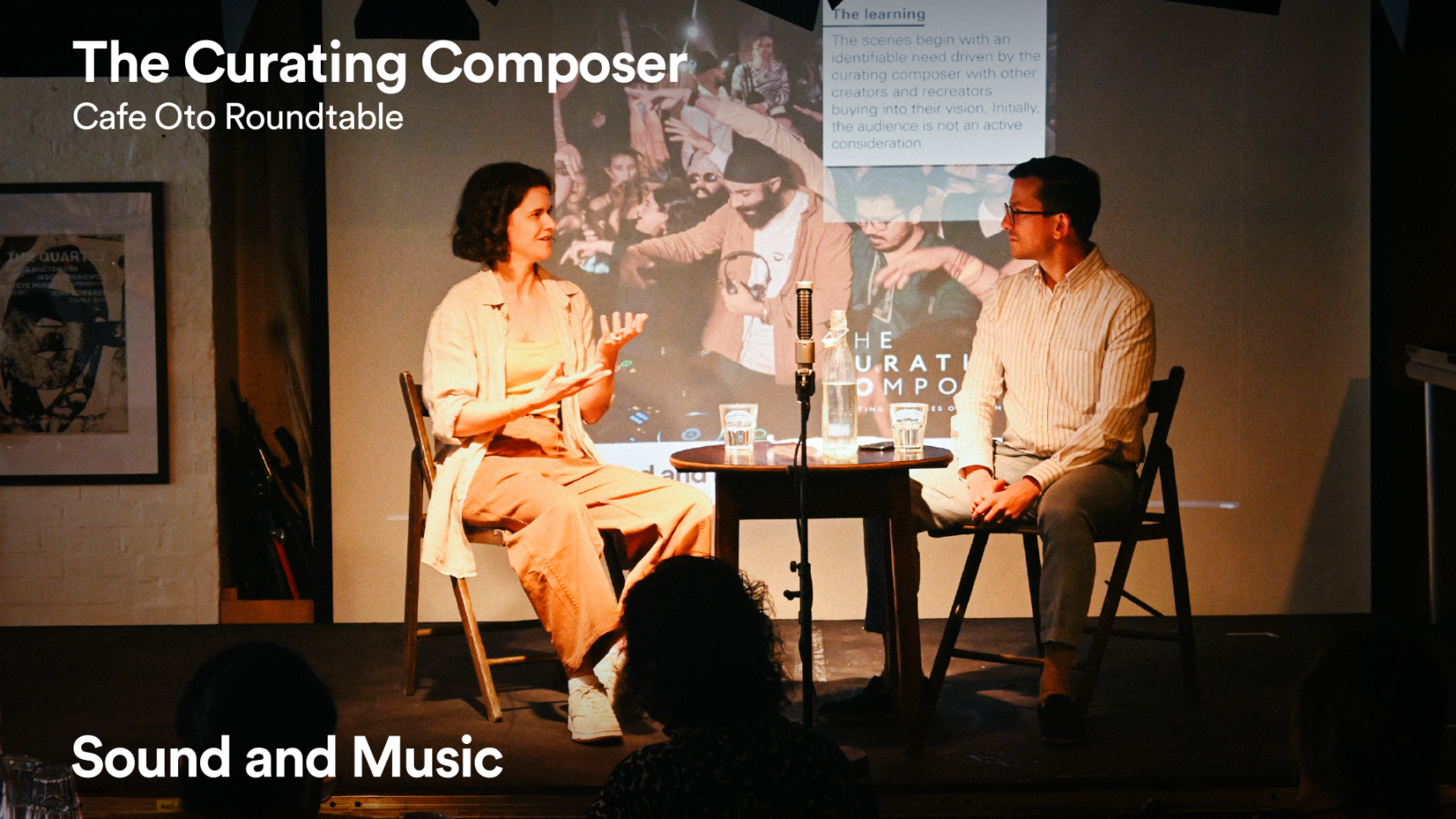There were many things to be excited about when I joined Sound and Music last month as Head of External Engagement; one of them was certainly the organisation’s explicit commitment to support new and diverse music scenes.
Sound and Music has a strong track record of supporting scene creation over the years, including through our Composer-Curator programme and regional Associate networks. However as we embark on this new chapter we’ve committed to it as a core strategic objective in supporting new music to thrive in the UK. Within weeks of me starting, we published compelling research (The Curating Composer: Creating Cultures of New Music) on how DIY scenes begin and what they need to be sustained and had a diverse spectrum of players from across the music industry keen to be part of a discussion about what more we can collectively do to better support them.
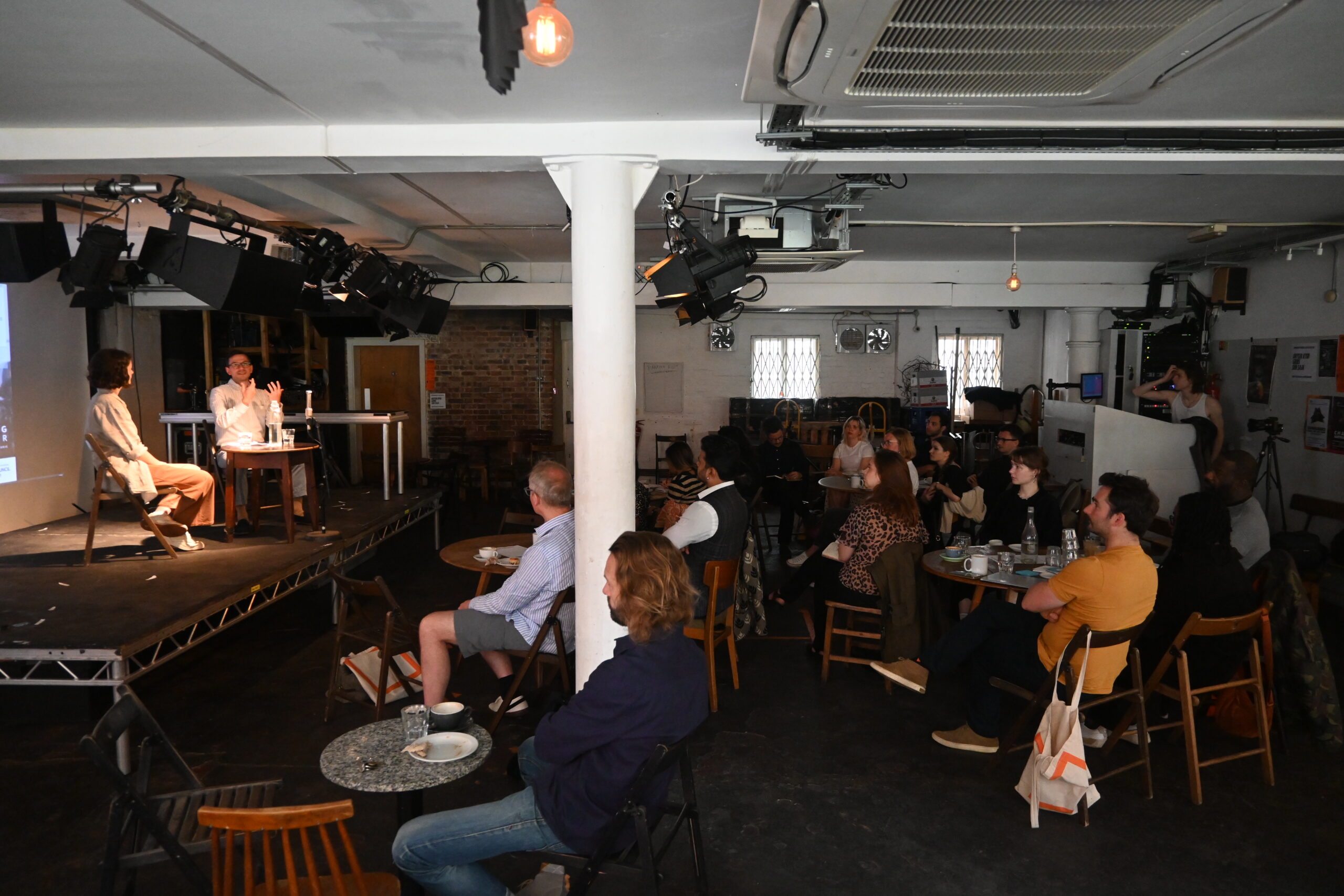 On a (rare) sunny morning at the beginning of July, we held the first of what will be a regular series of breakfast events, at Cafe OTO (a bastion of grassroots and DIY music in East London). With coffee and pastries fueling a full and energised room, Our Chief Executive Will Dutta and Creative Project Leader Fiona Allison kicked off proceedings. They shared the key findings of the research and calls to action for the industry, including the need to safeguard affordable spaces, invest in development pathways for promotors and, crucially, cherish and champion our precious DIY music cultures.
On a (rare) sunny morning at the beginning of July, we held the first of what will be a regular series of breakfast events, at Cafe OTO (a bastion of grassroots and DIY music in East London). With coffee and pastries fueling a full and energised room, Our Chief Executive Will Dutta and Creative Project Leader Fiona Allison kicked off proceedings. They shared the key findings of the research and calls to action for the industry, including the need to safeguard affordable spaces, invest in development pathways for promotors and, crucially, cherish and champion our precious DIY music cultures.
When the discussion was opened up to the floor, my table alone generated insightful perspectives from venues, publishers, funders, platforms and agencies. People shared what scenes inspired them; what made them effective and enduring; what they were already doing and would like to do or see more of to support grassroots scenes.
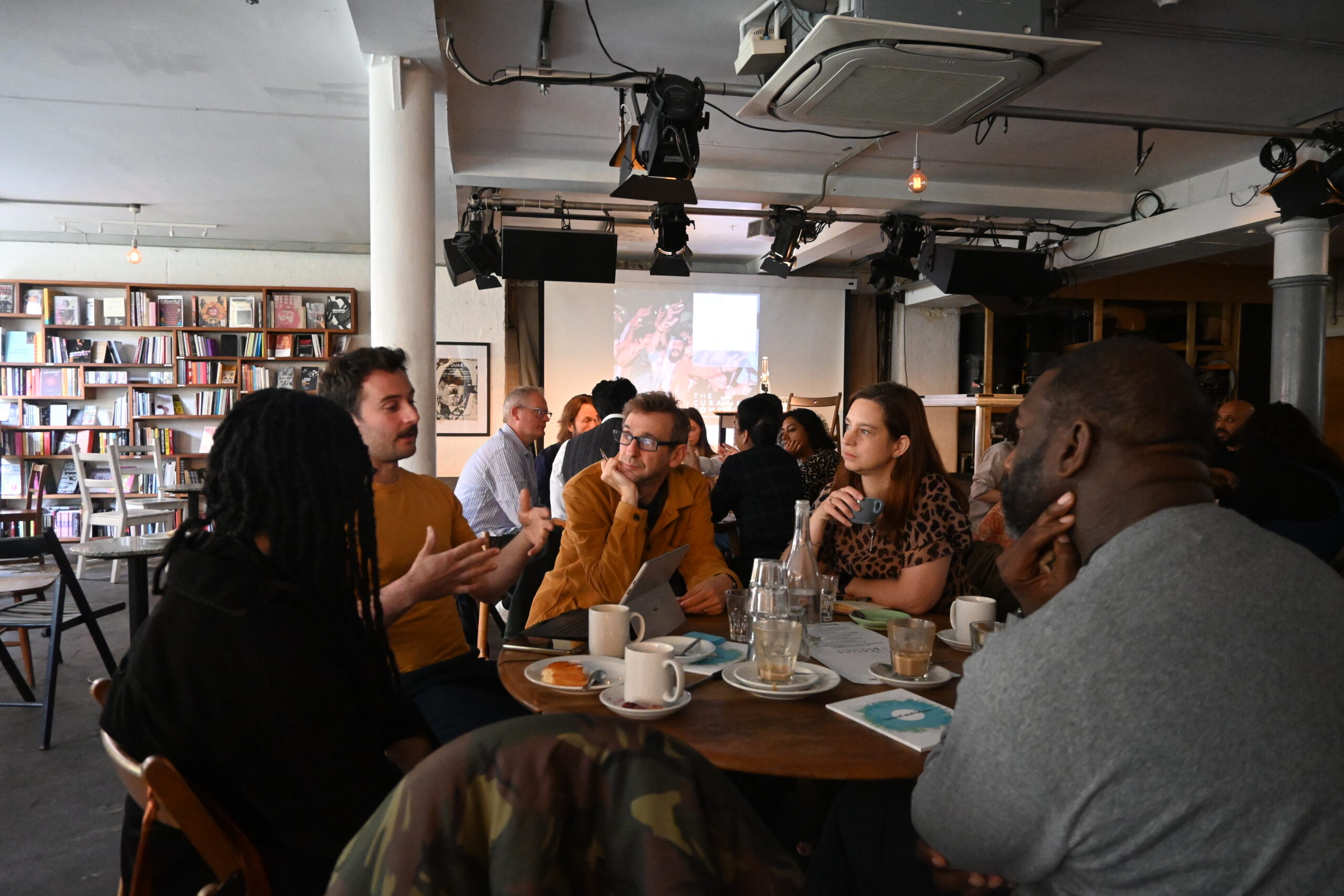
“We need to encourage risk-taking and entrepreneurialism at all levels”
There was a recognition across the room that DIY approaches require risk-taking – from everyone: the artists, the audience and the industry – and we need to encourage and celebrate it happening. Even in this digital age, physical spaces are vital for scenes to manifest with artists and audiences coming together to co-create and celebrate their culture and community. Awareness of and access to inclusive, innovative and affordable spaces is essential. Funding and finances inevitably came up again and again and calls for more money to be dedicated to promoting and scene development, like PRS Foundation’s new Early Career Promotor Fund.
A key takeaway was that of awareness: how can those at the beginning of the journey of scene creation easily access the knowledge of where to go to for money, media, mentoring, networks, supportive venues and so on. On the other hand, it was also evident that there was a huge generosity of spirit from those who have been involved in scene creation (including Will and Fiona themselves) and an openness to share their learning to support others; the challenge was how best to do it. The idea of a ‘Curator’s Toolkit’ was mooted as a one-stop shop for all you need to start and sustain a new scene… Watch this space.
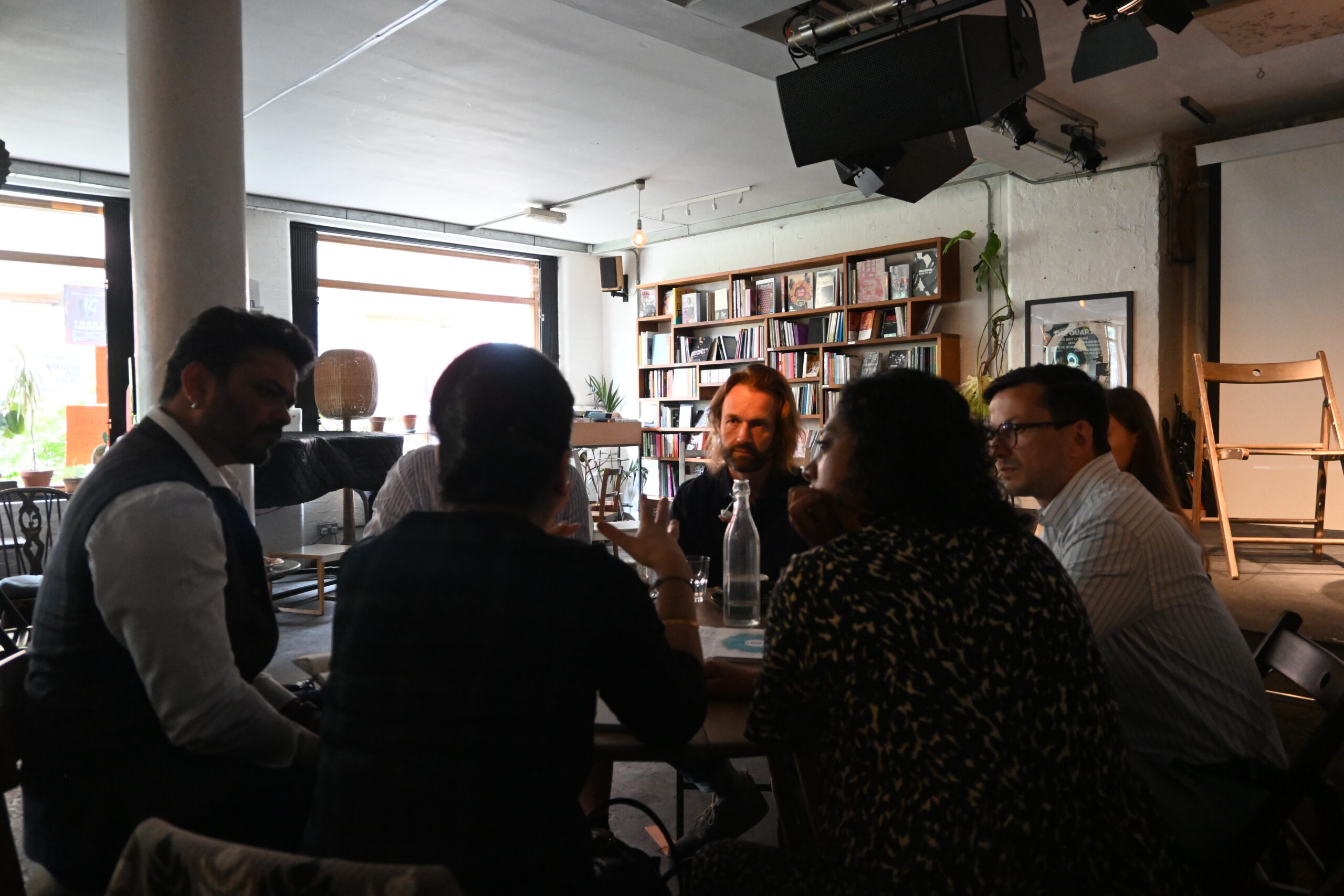 Everyone at the event made commitments to sharing the learning and taking actions to intentionally support scenes and music communities, as well as individual artists. One of the commitments we made at Sound and Music was to re-establish our New Music Labs which had been an extremely popular series of skills development sessions, with a focus on the key components necessary to curation and scene creation. What actions could you take?
Everyone at the event made commitments to sharing the learning and taking actions to intentionally support scenes and music communities, as well as individual artists. One of the commitments we made at Sound and Music was to re-establish our New Music Labs which had been an extremely popular series of skills development sessions, with a focus on the key components necessary to curation and scene creation. What actions could you take?
We were struck – and extremely encouraged – by the level of engagement and commitment to this topic from such a diverse range of stakeholders, all with a part to play. There was also a real appreciation of Sound and Music for convening the forum. One participant from a leading membership body reflected:
“DIY music making is an area yet to be fully understood, however, this research and event made significant steps in that direction”
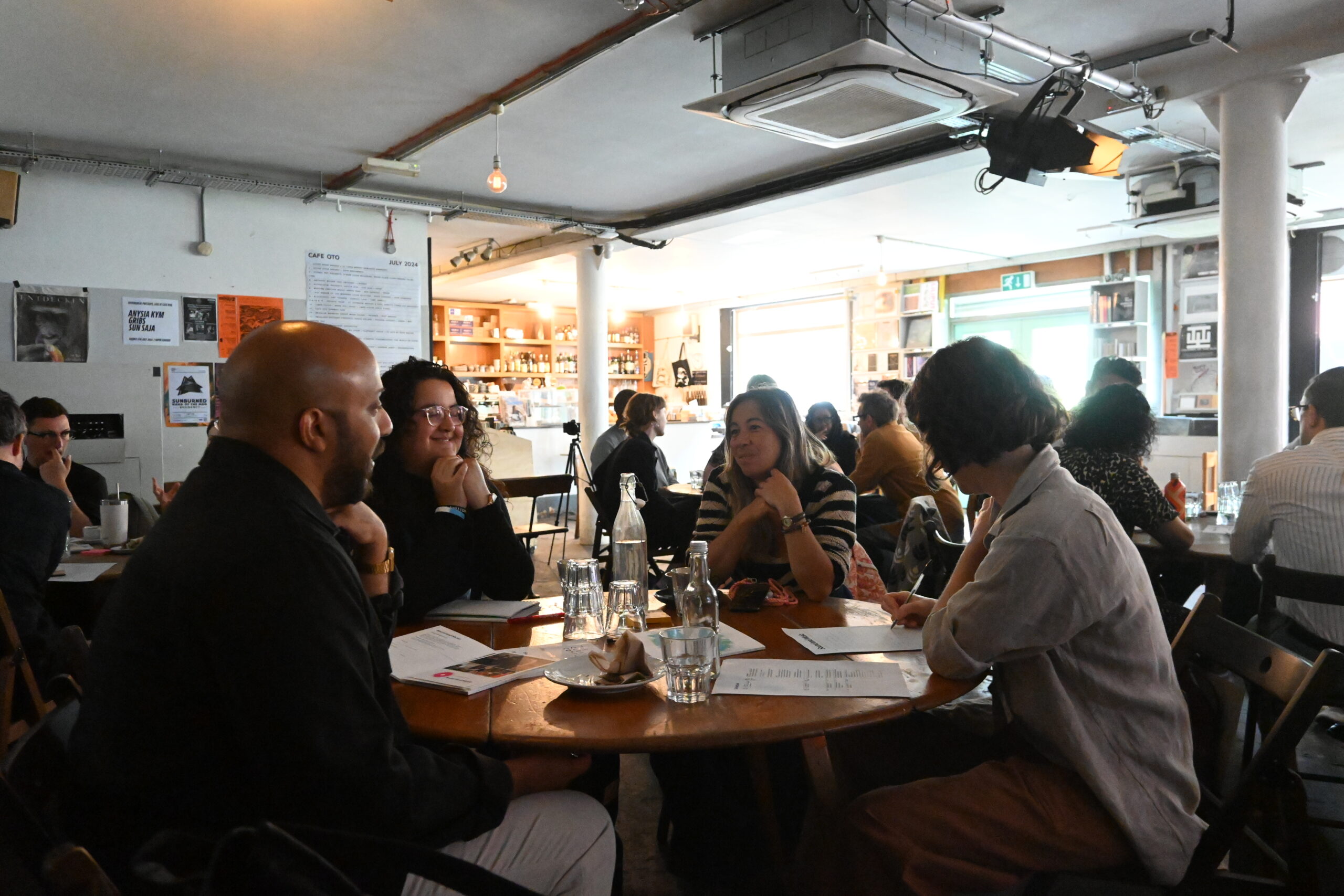 There was an intrinsic recognition that grassroots DIY music scenes were one of the most precious jewels in the crown of UK music and, in the midst of acutely challenging market forces, must be protected and prioritised now more than ever.
There was an intrinsic recognition that grassroots DIY music scenes were one of the most precious jewels in the crown of UK music and, in the midst of acutely challenging market forces, must be protected and prioritised now more than ever.
As everyone eventually drifted out of Cafe OTO’s doors into the morning sun full of caffeine and conversation, it felt like the blue sky thinking that had taken place inside the venue had been grounded in a recognition that together we can have a considerable influence and impact. It seems fitting that as scene development is all about ‘the collective’; the challenges facing them require a collective, collaborative response also. Another long-time Sound and Music collaborator reflected:
“I will take back a sense of encouragement knowing that we are not working in a silo.”
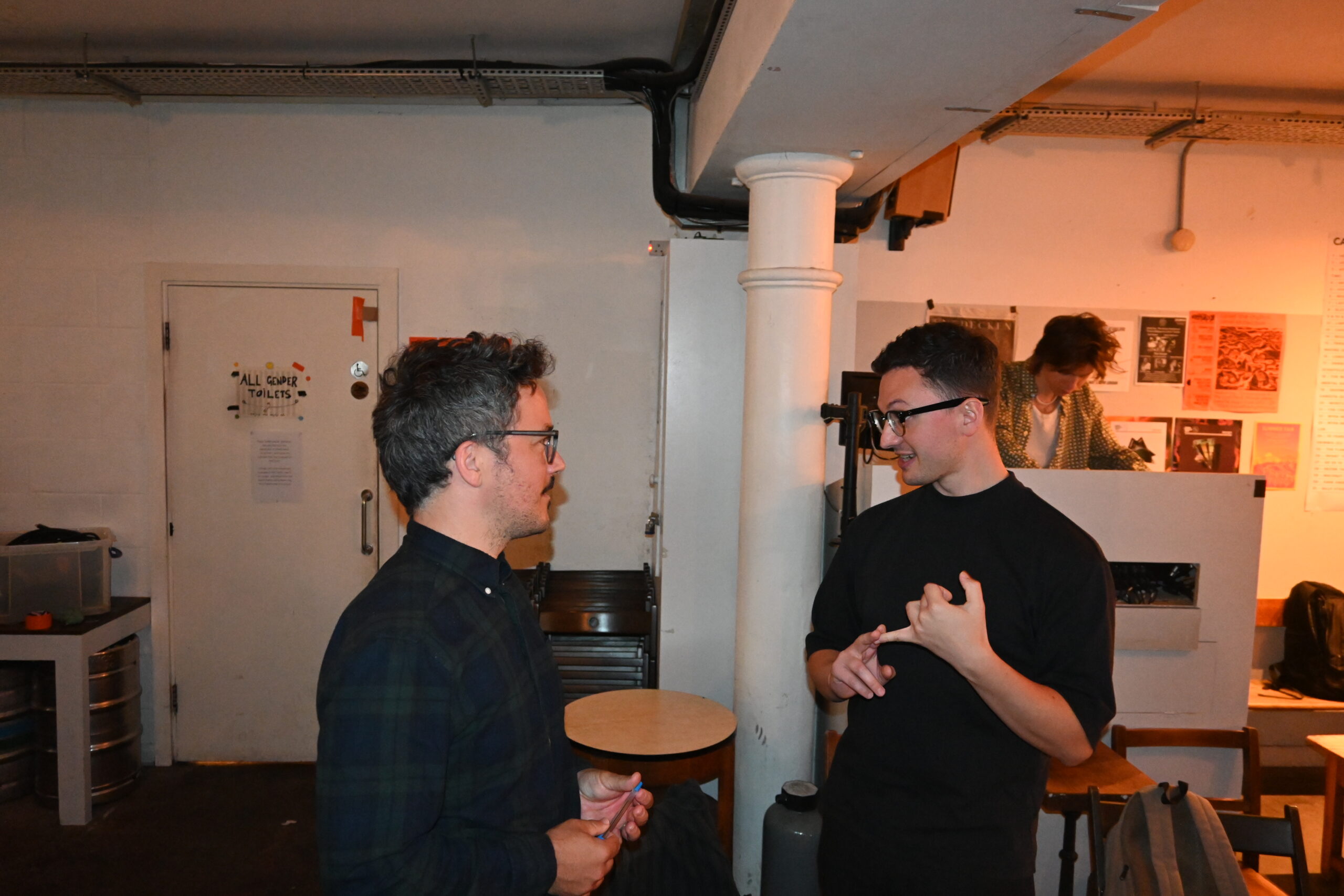 Sound and Music has made a commitment in our strategy to doing all we can to back new musical cultures and scenes and it was so inspiring to hear so many influential partners and players up for doing the same.
Sound and Music has made a commitment in our strategy to doing all we can to back new musical cultures and scenes and it was so inspiring to hear so many influential partners and players up for doing the same.
This was definitely the start of an important conversation and one to which we’ll keep returning to. If you’d like to be part of it we’d love to hear from you.

